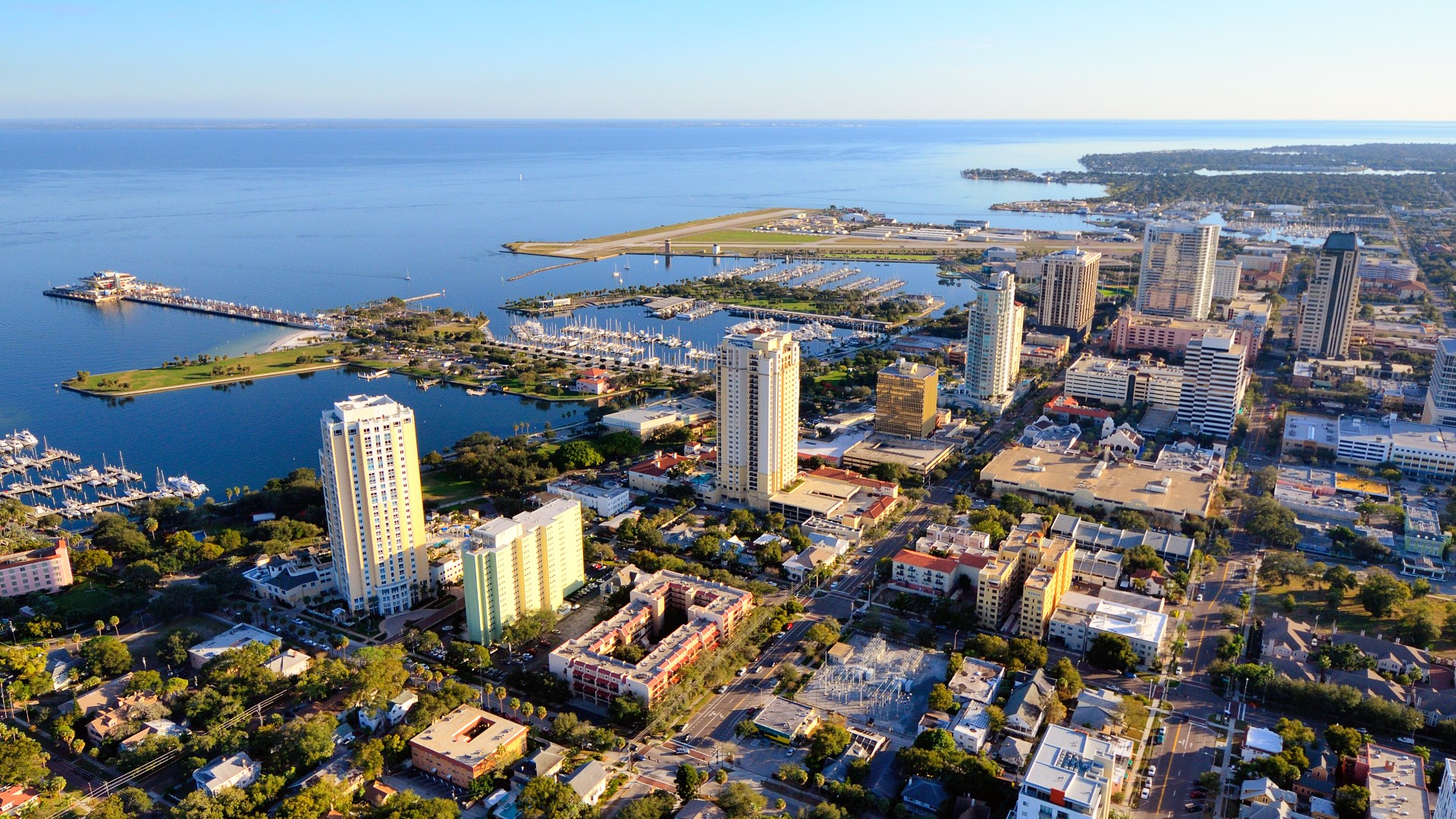ST. PETERSBURG, Fla. — Racism is a topic that’s tough for some people to talk about, but it’s an issue leaders in St. Petersburg want to start addressing.
The city commissioned the University of South Florida to examine the historical and modern-day impact structural racism has had on the lives of Black people in St. Pete.
Many people may think racism only looks like slavery or segregation. But researchers say this six-month, $50,000 study from USF shows that from education to the legal system, there is deep-rooted structural racism that is still impacting the everyday lives of Black people in St. Pete.
One example the research presents is how, in the past, Black homeowners were sometimes forced to give up their properties in high-interest areas, and how the city adopted a charter to separate residential limits for white and Black residents. Those actions are blatant racism, but when looking at the systemic version, it’s often not quite as “loud.”
For example, the study questions why recent preliminary federal data analysis suggests that Black mortgage applicants are rejected at twice the rate of white mortgage applicants who are at the same debt-to-income level.
So, what needs to be done to fix the issues? Five immediate steps have already been recommended:
Create an equity department within the Office of the Mayor
The director will serve as a liaison between the community and the budget committee, using an annual equity assessment and other data to negotiate funds for city projects and promptly bring issues to light.
Create and implement an effective accountability strategy
The strategy includes a commitment to a race equity review of existing city policies and practices and of all future proposed policies and practices.
The strategy will be supported by measurable outcomes that are tracked over time and used to influence incremental improvements to the strategy until equitable outcomes are achieved.
Create a permanent resident race equity commission
This commission is aligned with the motion approved in April 2018, which supported an African American Quality of Life Sunshine Committee. This will advance the unanimously approved motion.
The performance monitoring will ensure progress towards equity is made and it's recommended this becomes a permanent way of conducting business in the city.
Examine and initiate action steps to reparations to address disparities
In conversations with those most impacted by racism in the community, topics focused on wanting more tangible efforts of restitutions such as affordable housing, reforms in the criminal-legal system, free health services or tertiary education.
Continue support for the work started in the study.
The City council voted to accept the study's findings at a meeting on Thursday.

